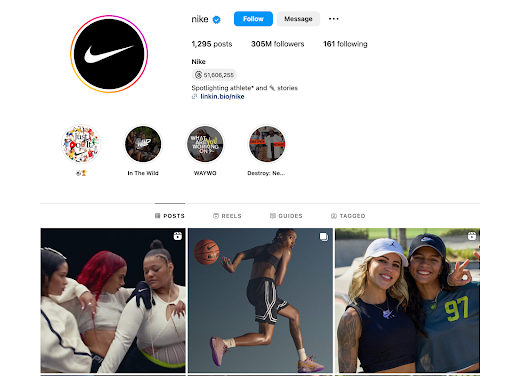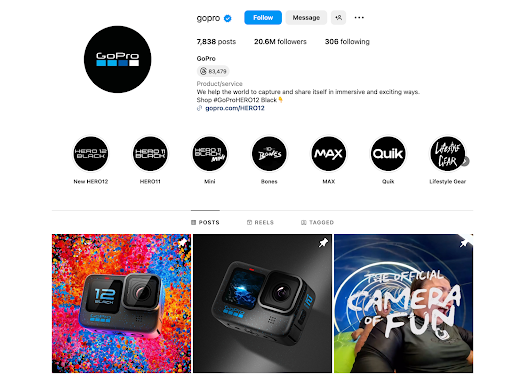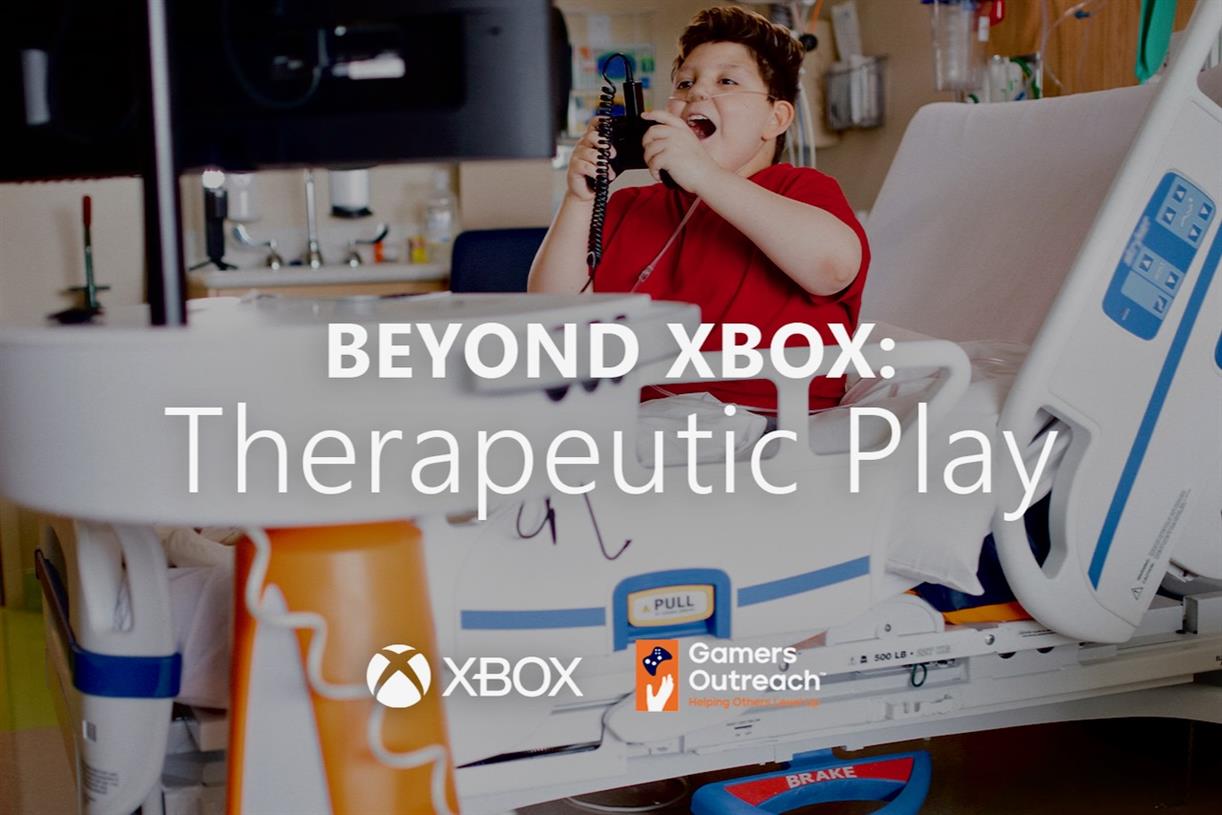Social Media Metrics That Matter: Measuring True Engagement
In the fast-paced world of digital marketing, social media has emerged as a powerful and indispensable tool for businesses and brands. The ability to connect with a global audience, build brand awareness, and drive customer engagement is unprecedented. However,...

In the fast-paced world of digital marketing, social media has emerged as a powerful and indispensable tool for businesses and brands. The ability to connect with a global audience, build brand awareness, and drive customer engagement is unprecedented.
However, to harness the true potential of social media, it’s essential to be present on various platforms and measure and understand the impact of your efforts.
In this blog post, we’ll explore the intricate realm of social media metrics and delve into the metrics that truly matter in measuring engagement. We’ll uncover the significance of these metrics and discuss how they can be harnessed to drive meaningful results for your business.
Defining True Engagement
True engagement in social media goes beyond superficial numbers. It’s about creating connections, fostering conversations, and building a loyal community of followers who genuinely care about your brand or content. True engagement occurs when your audience takes meaningful actions, such as commenting with thoughtful responses, sharing your content enthusiastically, or creating content related to your brand.
In simpler terms, true engagement is about the quality of interactions rather than the quantity. It’s the difference between having a thousand silent followers and a hundred engaged advocates actively participating in your online conversations.
Why does it matter for businesses and brands?
Understanding and measuring true engagement is crucial for businesses and brands because it directly impacts their success on social media. When your audience is genuinely engaged, they are more likely to become loyal customers, brand advocates, and ambassadors for your products or services.
True engagement is a reflection of your ability to connect with your audience on a personal level, fostering trust and brand loyalty. This, in turn, can lead to increased sales, higher customer retention, and a positive brand reputation. When you prioritize true engagement, you’re not just chasing numbers but building a strong foundation for long-term success.
Differentiating between vanity metrics and meaningful engagement
In the world of social media, it’s easy to get lost in the numbers, which often leads to the pursuit of vanity metrics. Vanity metrics are those quantifiable figures that may seem impressive on the surface but don’t necessarily translate to genuine engagement or business value. Common vanity metrics include the sheer number of likes, shares, and followers.
You need to distinguish true engagement from these superficial indicators to measure it. In the upcoming sections, we’ll discuss specific metrics and techniques that help you cut through the noise and focus on what truly matters. These meaningful engagement metrics provide valuable insights into the impact of your social media efforts, allowing you to make data-driven decisions and refine your strategies.
In the realm of social media KPIs, it’s crucial to differentiate between the superficial allure of vanity metrics and the meaningful engagement indicators that drive real business value.
Before we delve into the metrics that provide genuine insights into engagement, let’s first take a moment to understand the common social media metrics you’re likely already familiar with. These include likes, shares, comments, and other quantitative data points.
Likes: The number of times users have clicked the “like” button on your posts or content. While likes can indicate that your content resonates with your audience, they are considered a vanity metric when analyzed in isolation. Shares: The act of users sharing your content with their network. Shares amplify your reach and can lead to more meaningful interactions. Comments: User-generated comments provide valuable qualitative feedback and insights. They are a more significant indicator of engagement than likes or shares because they require higher involvement. Followers: The number of people following your social media account. While having a large follower count can be beneficial, it doesn’t guarantee genuine engagement.Identifying metrics that provide genuine insights into engagement
Now, let’s shift our focus to metrics that offer a deeper understanding of engagement. These metrics go beyond the surface-level indicators and provide a more nuanced view of how your audience interacts with your brand.
Click-Through Rate (CTR): CTR measures the percentage of people who clicked on a link or call-to-action (CTA) in your social media post. A high CTR indicates that your audience is engaging with your content and taking the desired actions, such as visiting your website or landing pages. Conversion Rate: The conversion rate tracks the number of users who took a specific action, like making a purchase, signing up for a newsletter, or filling out a contact form. This metric is particularly valuable in assessing the effectiveness of your social media campaigns in driving desired outcomes. Time Spent on Page: This metric, often used with website analytics, measures how long users spend on the pages they visit after clicking a social media link. Longer visit durations suggest that users are genuinely engaged with your content. Engagement Rate: Engagement rate considers multiple forms of interaction, including likes, shares, comments, and clicks. It provides a holistic view of how users engage with your content and is often a more accurate gauge of true engagement.Tools and Platforms
To measure true engagement on social media, you’ll need the right tools and platforms. These tools simplify the data collection process and provide valuable insights that can shape your social media strategy. Here’s a brief overview of the types of tools you can utilize:
Social Media Analytics Tools: These tools offer comprehensive dashboards that consolidate data from various social media platforms. They provide key performance indicators (KPIs), track audience engagement, and offer insights into the effectiveness of your social media campaigns. Social Listening Tools: Social listening tools enable you to monitor conversations, mentions, and brand sentiment across social media channels. They help you stay informed about what’s being said about your brand and industry. Sentiment Analysis Tools: As discussed in the previous section, sentiment analysis tools assess the emotional tone of social media conversations, providing insights into audience engagement.How to choose the right tools for your needs?
Selecting the right tools for measuring true engagement on social media depends on your specific objectives, the size of your business, and the platforms you’re active on. Here are some factors to consider when choosing:
Budget: Some tools are free, while others require a subscription or one-time purchase. Consider your budget and the features that are most important to your goals. Platform Compatibility: Ensure that the tools you choose are compatible with the social media platforms where you have a presence. Different tools specialize in different platforms. Features: Look for tools that offer the features you need, whether it’s detailed analytics, sentiment analysis, or reporting capabilities. User-Friendliness: Tools should be easy to use, with an intuitive interface. They should allow you to access and interpret data without a steep learning curve. Integration: Some tools can integrate with other software or platforms you use, streamlining your data analysis and reporting processes.Examples of popular social media analytics tools
Several popular tools and platforms are widely used for social media measurement. Here are a few noteworthy options:
Google Analytics: While not exclusive to social media, Google Analytics can provide valuable insights into your website’s performance, including traffic originating from social media platforms. Planly: Planly is a social media management tool for all. With Planly, you can schedule posts and analyse your social media. Also, you can create your own mini website called Addto.bio Hootsuite: Hootsuite offers social media management and analytics. It enables you to schedule posts, engage with your audience, and track engagement metrics.Tools and platforms should align with your specific goals and resources. Investing in the right tools can significantly enhance your ability to measure and leverage authentic engagement on social media.
Case Studies
The best way to understand the practical application of measuring authentic engagement on social media is to examine real-world case studies of brands that have excelled in this endeavor. These examples provide valuable insights into what works and can inspire your own strategies.
Airbnb – Community Engagement: Airbnb is renowned for building a strong and engaged community. They encourage hosts and guests to share their unique experiences and stories on their platform. By doing so, they not only create user-generated content but also foster a sense of belonging and trust among their users. Airbnb tracks the stories shared, the interactions generated, and the sentiment around these stories to gauge the effectiveness of their community-building efforts. Source: Airbnb’s Instagram Account
Source: Airbnb’s Instagram Account Source: Nike’s Instagram Account
Source: Nike’s Instagram Account Source: GoPro’s Instagram Account
Source: GoPro’s Instagram AccountAs technology and user behavior continue to evolve, so do the trends in social media measurement. To stay ahead in the ever-competitive world of digital marketing, consider these emerging trends:
Content Engagement Metrics: The focus is shifting towards tracking not just the number of views but also the depth of engagement with content. Metrics like time spent, scroll depth, and dwell time are increasingly important. AI and Machine Learning: Artificial intelligence and machine learning are used to quickly analyze vast amounts of data, providing deeper insights into audience behavior and sentiment. Predictive Analytics: Businesses increasingly use predictive analytics to forecast future trends and proactively adapt their strategies. Customer Lifetime Value (CLV): Measuring the long-term value of a customer rather than just short-term engagement is gaining traction. CLV metrics help in understanding the overall impact of social media efforts. Multi-Touch Attribution: To better understand the customer journey, brands are moving towards multi-touch attribution models, which account for all the touchpoints a customer interacts with.Conclusion
In the ever-evolving world of social media, measuring authentic engagement is the key to success for businesses and brands.
Authentic engagement goes beyond superficial metrics like likes and shares; it’s about building loyal communities, fostering meaningful interactions, and driving real business results.

 ShanonG
ShanonG 









![Product Market Fit with Scott Cunningham [VIDEO]](https://www.digitalmarketer.com/wp-content/uploads/2022/05/Copy-of-FACULTY_KasimAslam-1920-×-1080-px-2.png)























